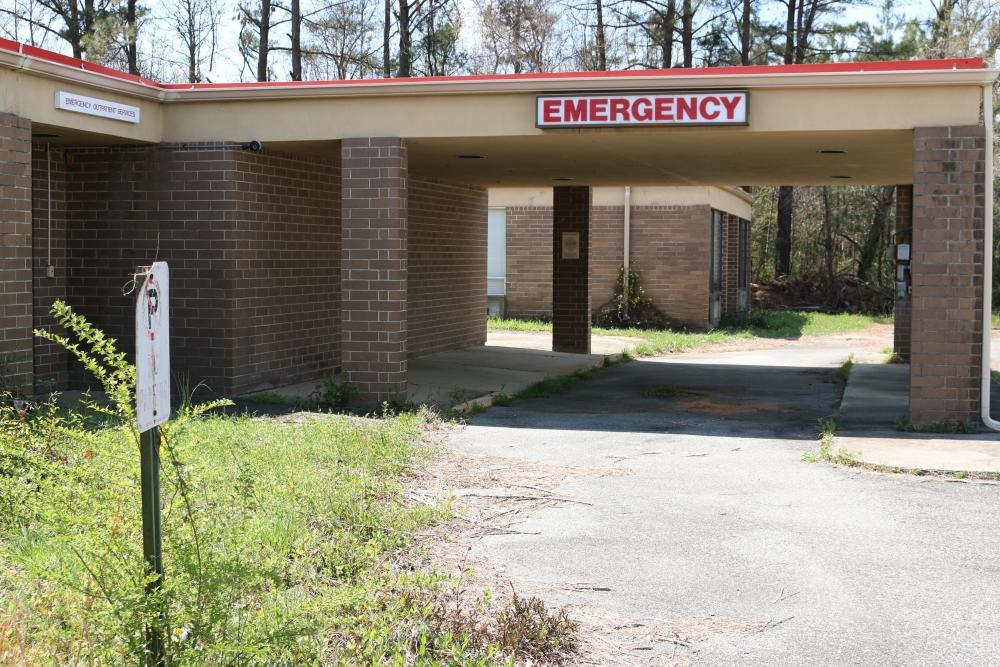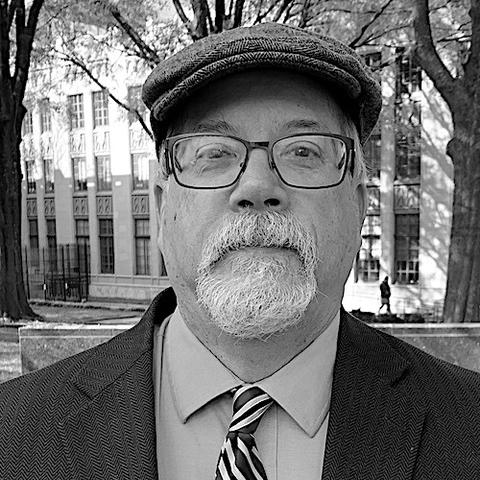
Section Branding
Header Content
Georgia CON law criticized at legislative hearing
Primary Content

ATLANTA — Georgia’s certificate of need (CON) law governing the health-care industry reduces access to medical care and drives up costs by stifling competition, physicians, industry executives, and political leaders from South Georgia said Monday.
A case in point is an effort to build a second acute-care hospital in Lee County near Albany that has taken six years and run up a $6 million to $8 million legal bill without producing a completed project.
“That’s a real-life story of how hard it is to build a hospital in the state of Georgia,” Lee County Commission Chairman Billy Mathis told members of a state Senate study committee considering whether to reform or even repeal the state’s CON law. “The CON law is almost an insurmountable obstacle.”
Georgia’s CON law requires applicants wishing to build a new medical facility or provide a new health-care service to demonstrate to the state Department of Community Health that the facility or service is needed in that community.
The General Assembly passed the law in 1979 to comply with a federal mandate aimed at reducing health-care costs by avoiding duplication. However, Congress repealed the federal law in 1986, leaving states to decide whether to enforce CON. By 1990, 11 states — including California and Texas — had done away with their CON laws.
The proposed Lee Medical Center received a CON from the state back in 2017 but was immediately tied up for two to three years by lawsuits from parties objecting to the planned hospital, Mathis said Monday. After spending $6 million to $8 million, the project’s backers eventually prevailed in those cases only to be stopped in their tracks for two years by the COVID-19 pandemic, he said.
With COVID mostly in the rearview mirror, the local development authority prepared to issue bonds to finance the project but was stopped by turmoil in the bond market that prompted the county to seek several six-month extensions of the CON, Mathis said.
Earlier this year, the DCH denied the latest extension requested by Lee County, essentially pulling the plug on the project.
“DCH pulled our CON right at the finish line,” Mathis said. “We were ready to issue bonds.”
The General Assembly has reformed the CON law over the years. In 2008, lawmakers exempted physician-owned ambulatory surgery centers (ASCs) with a single specialty from having to obtain a CON.
But Dr. Shane Darrah, founder of Southeastern Cardiology Associates in Columbus, testified Monday that the CON exemption for single-specialty centers does not apply to cardiac procedures, which can be performed only in hospitals.
“When cardiology was in its infancy, that made sense,” he said. “But these procedures have evolved. … It’s safe to do these procedures in an ASC.”
Darrah said surgical procedures can be performed at less cost in ASCs compared to hospitals, which makes them more available.
“If we improve costs, we’re going to improve access,” he said.
While Darrah called for an amendment to CON to exempt cardiology centers, others called for a total repeal of the law.
“Health care should be in the hands of the ones delivering it,” said Mark Baker, CEO of the Hughston Clinic in Columbus, which hosted Monday’s study committee meeting. “The CON process totally stifles your ability to be nimble and react to the market.”
Efforts to get rid of Georgia’s CON law have run into opposition from the state’s powerful hospital lobby. Hospital executives and their allies in the legislature have argued that ASCs siphon off paying patients from hospitals because they don’t have to provide the same full range of medical services, including such “loss leaders” as emergency rooms and ob-gyn services.
Sen. Freddie Powell Sims, D-Dawson, a member of the study committee, said Monday that for-profit ASCs also aren’t likely to set up shop in rural communities most in need of health-care access because they can’t make as much money as they could in wealthier urban and suburban areas.
“You are business people,” Sims told Monday’s witnesses. “You’re going to look at your bottom lines.”
But Baker said Hughston Clinic has served patients in all of Georgia’s 159 counties. He called the argument that for-profit ASCs cherry-pick their patients a “dead animal.”
Mathis endorsed Senate Bill 99, introduced during this year’s legislative session, which calls for exempting most rural hospitals from the CON law. The Republican-sponsored bill passed the Senate with bipartisan support but died in the state House of Representatives. It remains alive for consideration during the 2024 General Assembly session starting in January.
This story comes to GPB through a reporting partnership with Capitol Beat News Service.

